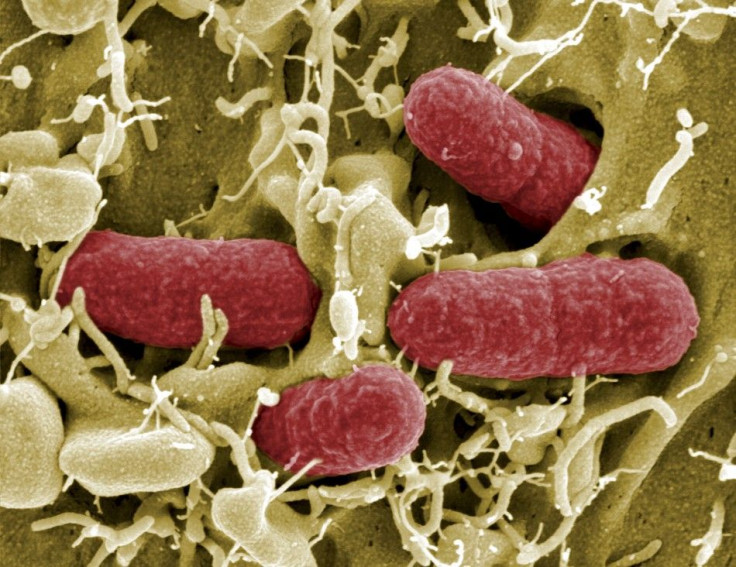New Zealand Develops New Drug To Fight 'Superbugs'

A new antibiotic developed in New Zealand will be available starting November 1 for patients who have contracted infections caused by anti-resistant bacteria or "superbugs." Reports said the Environmental Science and Research supports the new drug by Pharmac, New Zealand's drug-buying agency, which was formulated to remain resistant to superbugs.
According to reports, the name of the drug is Ceftaroline, developed by AstraZeneca, and will be used as a last resort in some situations. The drug may be administered to patients who have complicated infections on the skin and soft tissues. Patients with community-acquired pneumonia may also be treated with the new drug. Ceftaroline has been proved by scientists to be effective against bacteria Staphylococcus aureus and Stephylococcus pneumoniae.
Pharmac deputy medical director Dilky Rasiah said the listing of the new drug was timely due to the growing concern surrounding antibiotic-resistant bacteria. He explained that superbugs are now a reality and it's crucial for healthcare practitioners to address them.
Despite having a range of effective antibiotics, doctors may encounter a strain of bacteria that requires a special kind of drug. Rasiah also said Pharmac was working with other agencies to ensure future medicines continue to be effective.
In New Zealand, the ESR monitors incidents of multi drug-resistant infections. ESR clinical microbiologist Dr Deborah Williamson said it is important for New Zealand to deal with the challenge of antibiotic-resistant bacteria. Previous reports have described antimicrobial resistance as one of the biggest man-made threats to public health in modern times. Williamson added that New Zealand is lucky to have a surveillance programme of antibiotic-resistant bacteria through the ESR.
Radio NZ reports that Ceftafroline will be available for infusion at public hospitals but patients will need the approval of a clinical microbiologist or an infectious disease doctor. Doctors will have to evaluate the patient and see if results can be observed from the current antibiotics like linezolid, daptomycin and vancomycin. If there are no results, doctors can use Ceftaroline which is also the updated version of effective antibacterial drugs.
In July, it was reported by the ESR that the number of people who were afflicted with superbugs had increased by 37 percent. The Health Quality and Safety Commission had advised New Zealanders to observe proper hand washing techniques to reduce the spread of bacteria.




















